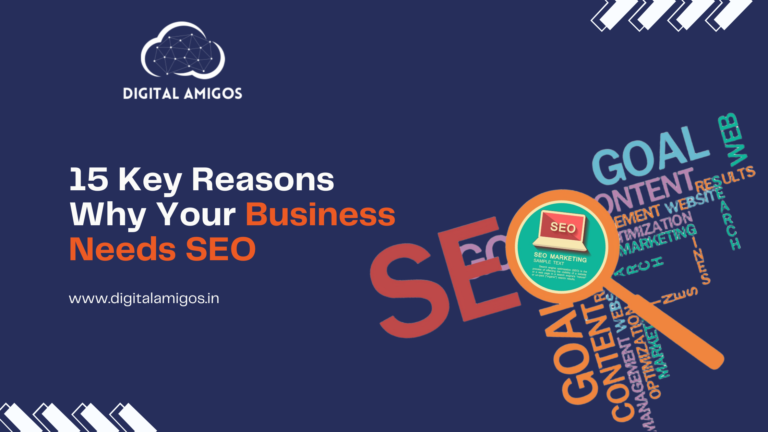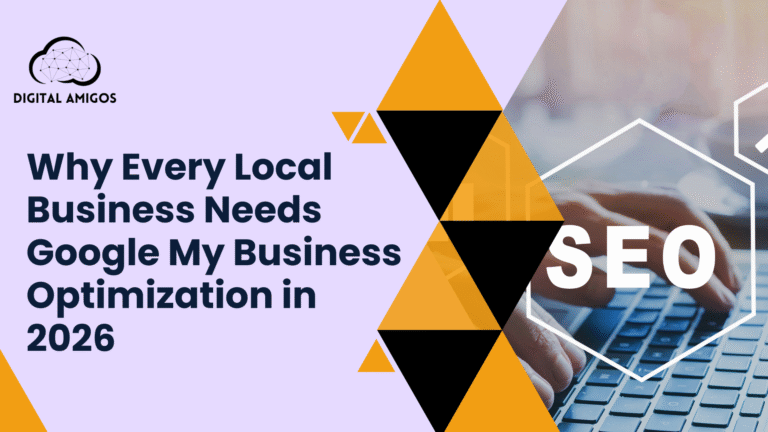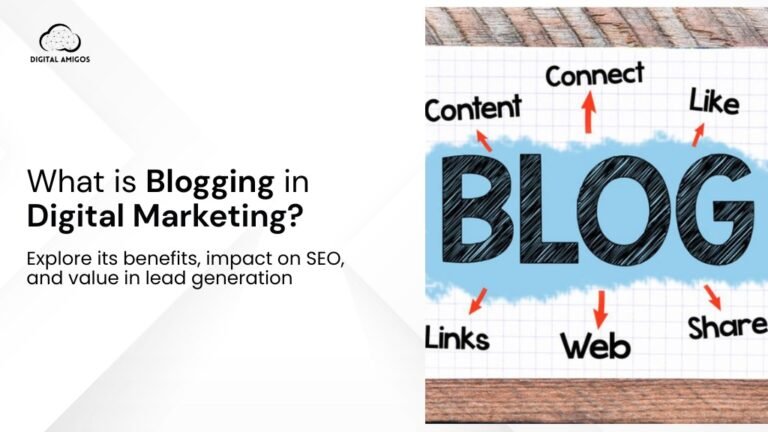On Page SEO vs Off Page SEO: Key Differences
Search engine optimization (SEO) is the heart of digital marketing. But when it comes to ranking a website, one common question always comes up: What is the difference between on page SEO and off page SEO?
If you’re trying to grow your website traffic and improve visibility on Google, it’s important to understand how on-page and off-page SEO work — and how they complement each other.
In this blog, we’ll break down everything in simple language, from definitions to examples, differences, and strategies that really work.
On-page SEO involves optimizations within your website, like content, keywords, and structure. Off-page SEO includes external efforts like backlinks, brand mentions, and social sharing.
What is On-Page SEO?
On-page SEO is the process of improving everything within your website. This includes making your content clear, using the right keywords, and organizing your pages well with headings and titles to help improve your website’s ranking and get more organic traffic.
It also focuses on things like optimizing page speed, mobile-friendly design, and adding descriptions to images. These help your website rank better and get more organic traffic from search engines.
In short, on-page SEO is all about making your own website easy to understand and useful so it can rank higher and attract visitors naturally.
What is Off-Page SEO?
Off-page SEO means actions taken outside your website to improve its reputation and authority. This includes getting backlinks from other trusted websites, social media shares, and brand mentions to help boost your site’s ranking, domain authority (DA), and increase organic traffic.
It focuses on building trust and popularity for your website through external signals. The more quality backlinks and positive mentions you have from high-DA sites, the more Google sees your site as valuable.
In short, off-page SEO helps your website gain authority and popularity beyond your own pages, which improves your chances to rank higher and attract more visitors naturally.
Difference Between On-Page SEO and Off-Page SEO
| Point | On-Page SEO | Off-Page SEO |
| Definition | SEO techniques applied within your own website, including content and technical optimizations. | SEO techniques done outside your website to build authority and trust. |
| Main Focus | – Content quality and structure- Keyword optimization- User experience | – Authority and credibility- Backlink profile- Online reputation |
| Key Activities | – Title tags and meta descriptions- Internal linking- Headings and image alt tags- Page speed and mobile optimization | – Backlink building- Social sharing- Guest posting- Directory listings- Brand mentions and influencer outreach |
| Control | – Completely controlled by you | – Depends on others (external sites and users) |
| Tools Used | – Yoast SEO- RankMath- Google Search Console | – Ahrefs- SEMrush- Moz- BuzzSumo |
| Google’s Purpose | – Helps search engines understand your content | – Helps search engines trust your website |
| Results Timeline | – Can show quicker results if implemented well | – Takes longer but provides lasting SEO value |
| Relation with Technical SEO | – Closely connected (page speed, mobile-friendliness, crawlability) | – Indirect but benefits from a strong technical SEO foundation |
| Example | – Using proper H1-H2-H3 structure- Adding image alt tags- Optimized URLs | – Getting backlinks from high-authority sites- Social media mentions |
| Need for SEO Success | – Foundational and essential | – Equally important for improving ranking and authority |
Conclusion
Both on-page and off-page SEO play a crucial role in your website’s ranking and organic traffic. On-page SEO helps optimize your website from the inside — with better content, structure, and user experience. Off-page SEO works from the outside — building authority, trust, and visibility through backlinks and brand mentions.
You don’t have to choose one over the other. To succeed in search engines, you need a balance of both. Think of on-page SEO as building a strong foundation, and off-page SEO as spreading the word.
Start by improving what’s on your website, then slowly build your online reputation. Together, they create a strong SEO strategy that helps your site rank higher and reach more people.







